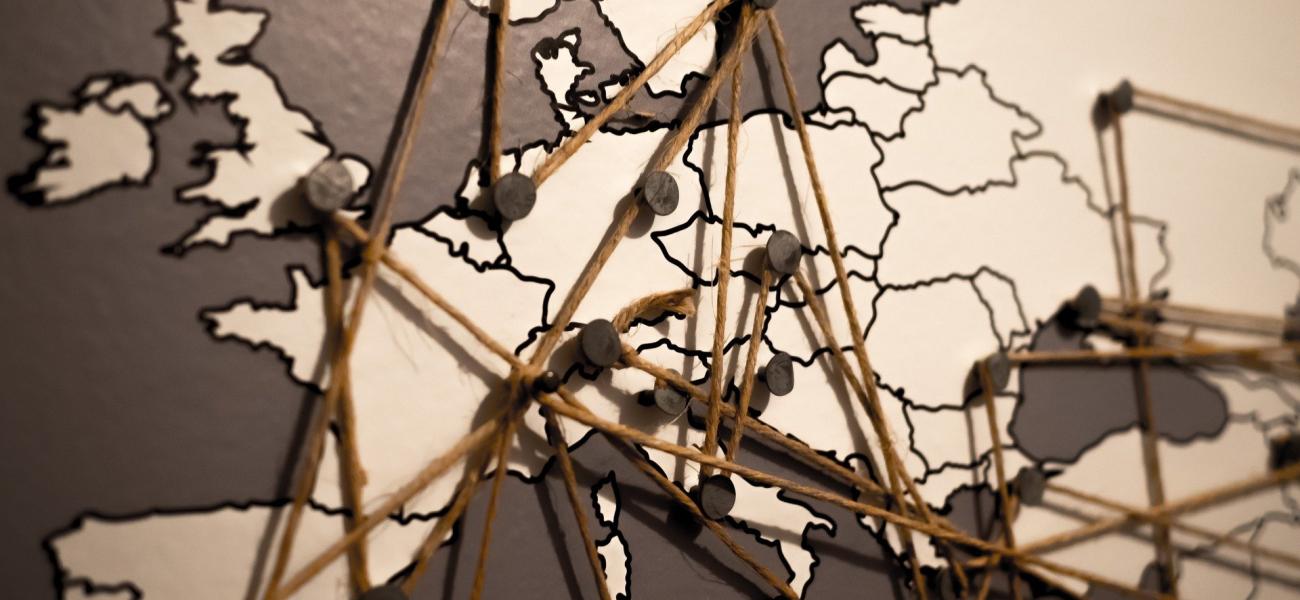
The Ukraine Crisis Will End Inevitably in a Redivision of Europe
This is a summary of an article originally published by The Hill.
The author once Russia began to recover from crisis following the dissolution of the Soviet Union, "the only question was when and where Moscow would take a stand against what it has seen as Washington’s encroachment on its security. It is, in fact, remarkable that Russia has thrown down the gauntlet only now, when its margin of safety in Europe is at its narrowest since the Russian Empire was established 300 years ago." The unique factor "is that Moscow insists on redrawing the map of Europe before a major test of arms and not as a consequence of one. If the United States (and the West as a whole) engages, the outcome is not likely to be a stable security structure with a clear dividing line, but rather one in which the competition for Ukraine — through which the line will be drawn — moves into a different phase, centered more on shaping the country’s internal development through active engagement inside Ukraine, rather than by force of arms from outside. ... The United States and its European partners will seek to consolidate a pro-Western Ukrainian state that can be fully integrated into Euro-Atlantic institutions, whereas Russia will act to prevent that consolidation and draw individual pieces of Ukraine solidly into its orbit. The challenge is to reduce the risk that this contest will end in a trial of arms and construct one in which victory will come instead from the steady accumulation of incremental advantage over time." With neither side ready to surrender but both are likely to "agree to measures that meet their minimal security needs," the time is ripe for diplomacy.
Read the full article on The Hill.
Thomas Graham
Thomas Graham, a distinguished fellow at the Council on Foreign Relations, was senior director for Russia on the U.S. National Security Council staff during the George W. Bush administration.

